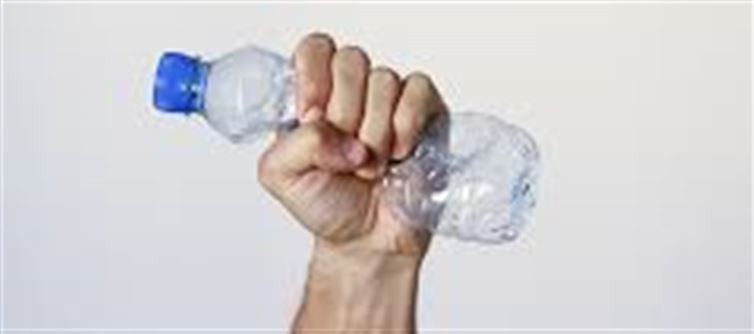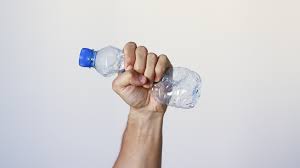

Be careful when drinking water from plastic bottles, especially if they've been exposed to heat or reused multiple times. Many plastic bottles are made from a material called PET (polyethylene terephthalate), which can release harmful chemicals like antimony and BPA under certain conditions. When these bottles are left in hot environments—like in a car or direct sunlight—the risk of chemical leaching increases, and those substances can mix into the water you drink.
Long-term exposure to these chemicals has been linked to health concerns, including hormonal imbalances, reproductive issues, and even a higher risk of certain cancers. BPA, in particular, is known as an endocrine disruptor, which means it can interfere with the body’s hormone system. While some bottles are labeled "BPA-free," not all plastics are created equal, and alternative chemicals used can still pose risks.
Another concern with plastic bottles is hygiene. Reusing single-use bottles may seem eco-friendly, but over time they can develop cracks and scratches that harbor bacteria. These micro-abrasions are hard to clean and can lead to bacterial growth that isn’t safe for drinking. If you must reuse a plastic bottle, make sure it's one designed for repeated use and clean it thoroughly with hot, soapy water.
For safer alternatives, consider using stainless steel or glass bottles. These options don’t leach chemicals, are easier to clean, and are better for the environment in the long run. Being mindful about the materials you use for your daily hydration isn’t just good for your health—it’s a smart step toward sustainable living.




 click and follow Indiaherald WhatsApp channel
click and follow Indiaherald WhatsApp channel